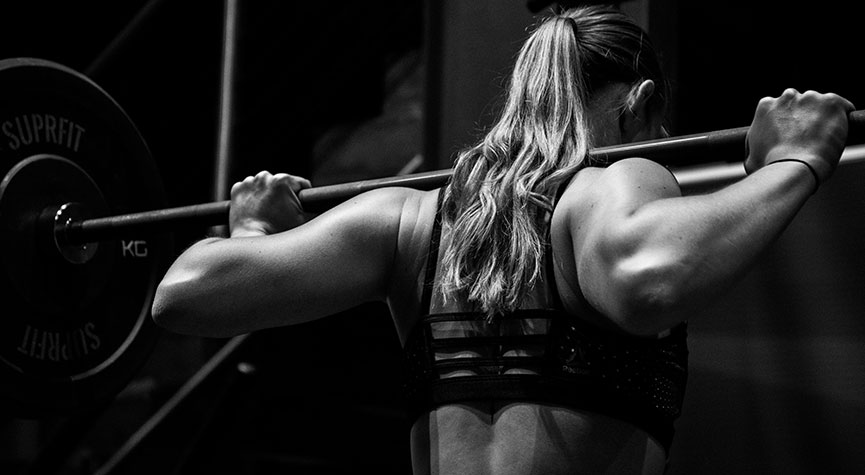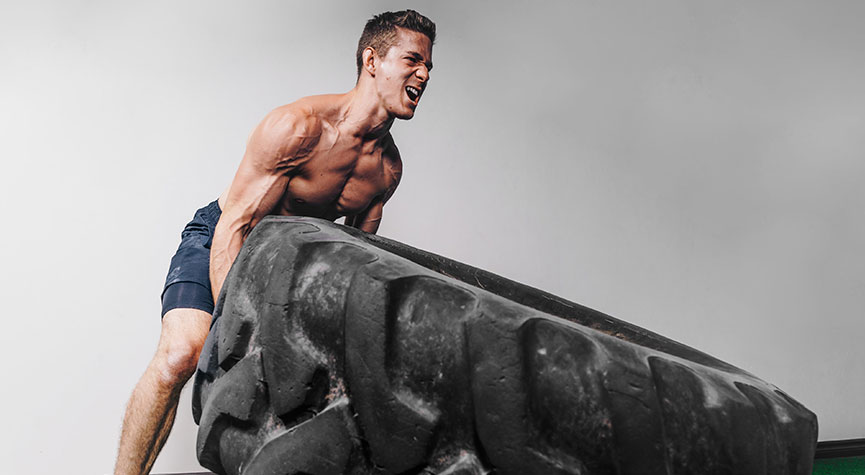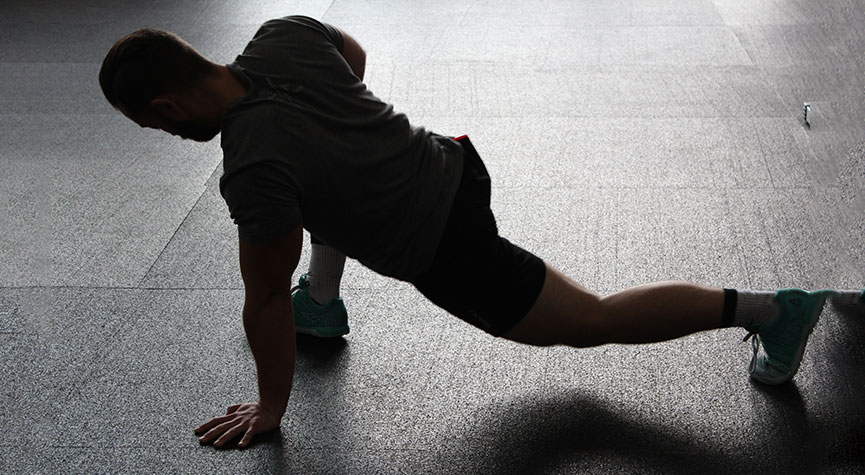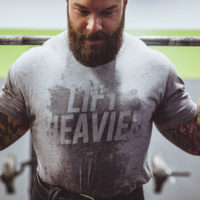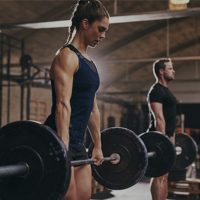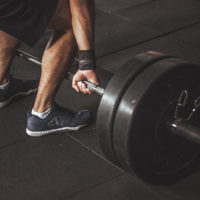It’s easy to get stuck in the same routine. Eventually you may have noticed that gains have stalled and you’re not seeing any progress. Strength and conditioning coach Brad Gillingham is here to talk about evaluating your training to see success.
Now that were well into 2023 it may be time to reevaluate your training program to make sure you’re not neglecting some critical areas of training. Are you putting in the work to meet those your personal goals?
For me personally, the first thing that I look at is am I fulfilling my promise to include more cardiovascular conditioning. I love to squat, bench, deadlift and move other heavy things around, but sometimes I neglect conditioning. It is important to set up a well-rounded program that includes strengthening both the upper and lower body, and incorporates cardiovascular fitness, and mobility.
Too many times I have seen programs that focus only on upper body exercises like the bench press and single joint assistance exercises. These types of singular focused programs include very little lower body movements, limited conditioning, and no specific mobility work. I have addressed below a few aspects of training that every program should include.
The Importance of Lower Body Strengthening
The debate on what constitutes a complete training program is not new. Alan Calvert, the man who brought progressive resistance training to America in 1902, had it figured out a long time ago.
In his 1924 book, called “Super Strength” he indicated: “The man who exercises in his own room with a pair of light weight dumbbells, who uses a pair of pulley-weights, or swings a pair of wooden Indian clubs, rarely gets acquainted with the immense power that is lying dormant in his back and legs”.1
Calvert was referring to the importance of training the back and legs to strengthen the muscle groups that are necessary to allow athletes to move heavy objects, run, jump, attack, block, tackle, and accelerate as well as to perform everyday activities like walking, running, jumping, swimming, and getting up from a seated position.
You don’t have to train like a powerlifter to develop hip extension strength, but you have to include various forms of multi-joint lower body movements like squats and deadlifts into your training program in order to have a complete strength training program. Every program should have the goal to maintain the strength required to independently perform everyday activities as long as possible.
Cardiovascular Conditioning
Don’t forget to work on the conditioning aspect of training. This is an area of training that I need to include more of in 2023.
During my peak powerlifting years, I was definitely guilty of not including enough conditioning in my workout plans. In recent years I have been good about balancing my heavy training with more conditioning. Living in Minnesota this can be challenging at times. The spring, summer and fall seasons provide great weather to include biking, jogging and other outdoor activities into your program. However, the cold months of the winter season can make this challenging.
Cardiovascular training doesn’t always have to be jogging, biking or swimming. I try to include more fast paced functional strength movements into my training during the winter indoor months.
Functional Conditioning Movements:
- Sled Push, Pull, or Drag
- Farmer’s or Yoke Walk
- Sandbag Carries
- Medicine Ball Slams
- Box Jumps or Step Ups
- Tire Flips
I also purchased a recumbent bicycle a couple years ago that I need to utilize more in 2023. Every program should have the goal to increase or maintain cardiovascular conditioning.
Mobility Work
To prevent injuries and allow for a more efficient movement pattern it is important to include mobility work into your training program.
Mobility Exercises:
- Standing Hip Flexor Stretch,
- Spiderman’s
- Superman’s
- Standing Trunk Twists
- Lunge Variations,
- Band Pull a Parts
- Overhead Squat
- Kettlebell Swings
Mobility work can be included as part of a dynamic warmup, performed after training, or as a stand-alone extra workout. When performed prior to a workout the main purpose is to optimize strength training workout performance. However, there are also several other training benefits from mobility work. These include strength and power development, coordination, agility, cognitive improvements, and injury prevention. Every program should have the goal to increase or maintain mobility.
My advice in 2023 is to take the time to re-evaluate your training program. Are you working all of the aspects of training that will allow you to meet your goals? If not, it’s time to add some additional exercises to your program. Good luck and Stay Strong!
Want to get the most out of your training? Try myHMB.
MyHMB has been clinically proven to improve recovery, build muscle and strength, and enhance aerobic capacity. Learn more.
References:
- Calvert A. IV. In: Super Strength. Charleston, NC: O’Faolain Patriot LLC; 2012:35-35.

